The sense of freedom you get from hitting the endless stretch of highways is surreal. It's something that you need to experience on your own at least once in a lifetime. If you've never been on a long-distance two-wheeler trip ever before, we strongly recommend that you try it once. With that in mind, here 10 essential things that you need to be aware of before going on a two-wheeler trip.
- A comfortable & capable machine
The first and primary prerequisite that you need to fulfil before going out on a long-distance trip yes to get comfortable vehicle. While any two-wheeler will do the job, there is no alternative for high performance machines that are specially designed for touring long distances. Never make the mistake of taking an underpowered scooter for long road tours. A general rule of thumb is to find a motorcycle that has an engine capacity of more than 500cc, and the perfect riding ergonomics suited for being on the motorcycle for several hours at end without breaks. Honda Africa Twin, BMW 1250GS, Royal Enfield Himalayan, and Triumph Tiger 900–are some trustworthy recommendations that we have for you.
- Proper riding gears
Always make sure to invest in the proper riding gears whenever you are going on a road trip. The most essential of them is definitely a full-face motorcycle helmet, or an open face or a modular helmet if there your preference. Make sure to check out all of these different helmet designs before settling on one that completely compliments your riding style and preferences. In addition to a motorcycle helmet, you will also need a good quality pair of riding goggles and gloves and definitely a pair of boots especially if you are planning to ride in the winter. Having the right riding gear can make a huge difference in your safety and comfort levels, that is why you should not cut corners while purchasing branded motorcycle riding gears.
- Financial planning
This is one of the most fundamental things that many first-time long-distance travelers mess up. Unable to calculate the overall expenses that you might incur during the trip will not only put you in a difficult situation towards the latter half of the ride, this might also become the reason for you to return back home without completing the trip. Make your best guess estimates regarding how much money you are going to need on fuel expenses, accommodation expenses, food and toll fees. In addition to that you must also figure in other unanticipated expenses that you might have to incur because of a mechanical fault in the motorcycle or in the unfortunate event of you becoming sick during the ride. As a general rule of thumb, experienced motorcyclists who tour long distances often keep 30% of their overall travel budget as emergency funds, and they do not use it unless there is a real emergency. Be frugal with your expenses during the trip. Don't waste money on buying too many gifts. Do not eat at expensive restaurants or buy anything at tourist hotspots. Start saving for the travel budget at least 3 months in advance, so that you have more than enough to complete the trip with peace of mind.
- Reliable communication gears
Mobile communication infrastructure across the country have developed by leaves and bounds, but there are still communication dark spots where you might not get any signal at all. A good way to mitigate this problem is by having a dual SIM mobile phone, and having 2 different SIM cards of 2 reputable and reliable communication provider. If you are planning to cross international boundaries, you might also consider investing in a satellite phone after getting the habit required permissions and licenses for using the satellite phone. If you are travelling in a group of motorcyclists, we strongly recommend that you invest in a Bluetooth-enabled motorcycle helmet which will allow you to stay in contact with the other members of the group without breaking the ride to talk to them. Never make the mistake of listening to music on the Bluetooth headsets in your helmet, because this might impair your listening abilities and thereby compromise your situational awareness. Most modern motorcycles come with the ability to connect the phone directly to the motorcycle, which makes it quite convenient to take calls. However, it is never a good idea to be distracted with the infotainment console on the motorcycle, therefore always make sure to stop safely at the side of the road if you intend to take long calls.
- Power back up
After motorcycle comes with inbuilt GPS applications, well and good – that solves a lot of problems! But in case you do not have the facility on the motorcycle, you can easily invest in a mobile phone clip for the motorcycle and put your mobile phone on the grip to use the inbuilt GPS application to find your roads. While doing that, the mobile will use a lot of battery and it will deplete the battery very soon. We strongly recommend that you have a couple of power banks with you, either in the fuel tank bag or on your motorcycle luggage box so that you can keep the mobile phone juiced-up while using the GPS application on it.
- Food & Water
Food and drinking water are two of the most frequent and unavoidable expenses that you will incur on a long-distance trip. Whenever possible, make sure to carry healthy snacks with you along with at least 2 liters of drinking water so that you don't have to risk your health by drinking dirty water at roadside dhabas or restaurants. One smart idea to save money on drinking water is to carry a moderate-sized jerrycan and fill it with clean water whenever you get the opportunity. This way you will end up saving a lot of money on drinking water.
- Personal safety gears
Carrying a few personal safety equipment such as pepper spray and a loud whistle along with a bright torch light (preferably rechargeable), is a good idea when going on a long-distance trip especially if you are going solo. If you plan on tenting rather than staying at a hotel, it might also be a good idea to carry a few cutting equipment together and prepare wood for your stove. There might be restrictions with carrying large knives and axes on the highway, so make sure that you are not violating any local laws or regulations. Ask any experienced long-distance motorcyclist, and they will tell you that the best safety tool is the one that you don't have to use at all! Stay aware of everything that is happening around you and make sure to park the motorcycle in a brightly lit area when you are settling down for the night. In addition to locking the motorcycle, it might also be a good idea to use a couple of chains and padlocks to attach the wheels to a strong pillar to reduce the risk of theft. Carry all your bags and motorcycle luggage boxes with you inside the hotel room at night. During the day, whenever you are stopping for a break, make sure to keep the motorcycle parked in such a place where you can keep an eye on it at all times.
- Valid documents
Take photographs of your driving license, insurance and registration certificate on your mobile phone and show them to the policeman if they stop you at a check post. Make sure that all of your documents are valid and have proper expiry dates on them. Carry a valid pollution certificate if you are riding in India because that is where most motorcyclists trip and end up paying hefty fines. In some states, particularly after the pandemic, you might be expected to furnish a health report before being allowed to enter the state. Find out more about such requirement before heading out on the road.
- Comprehensive travel insurance
in addition to the motorcycle insurance which is compulsory by law, you might also consider investing in a comprehensive travel insurance that covers theft, accidental damage and other things such as loss of luggage and health problems during the trip. talk to your insurer and find out what product suits your requirement best.
- Guts & Wits
Last but not the least going on a two-wheeler trip requires you to have both guts and wits because there is no alternative to bravery and smartness when you are alone on the open highway. Be very aware of everything that is happening around you, and keep an open mind when you're interacting with the local people, while staying aware that there is always a risk of being duped. Try to avoid tourist traps and do not take any unnecessary risk that you know is beyond your comfort zone. The idea of going on a road trip is to enjoy your time and explore new things, not to get in trouble.
 Wishlist
Wishlist
 Track Order
Track Order

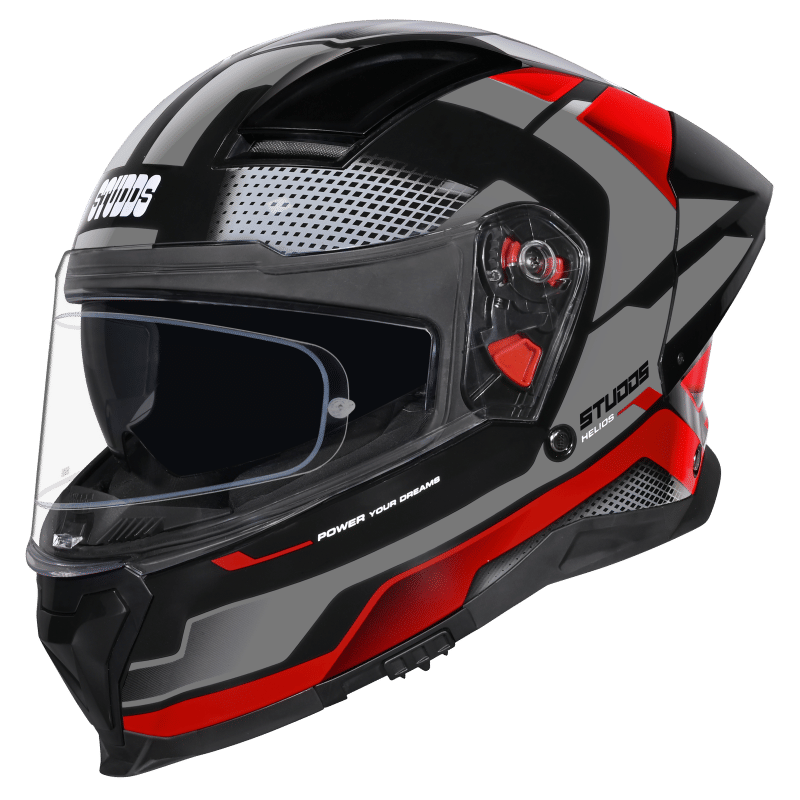
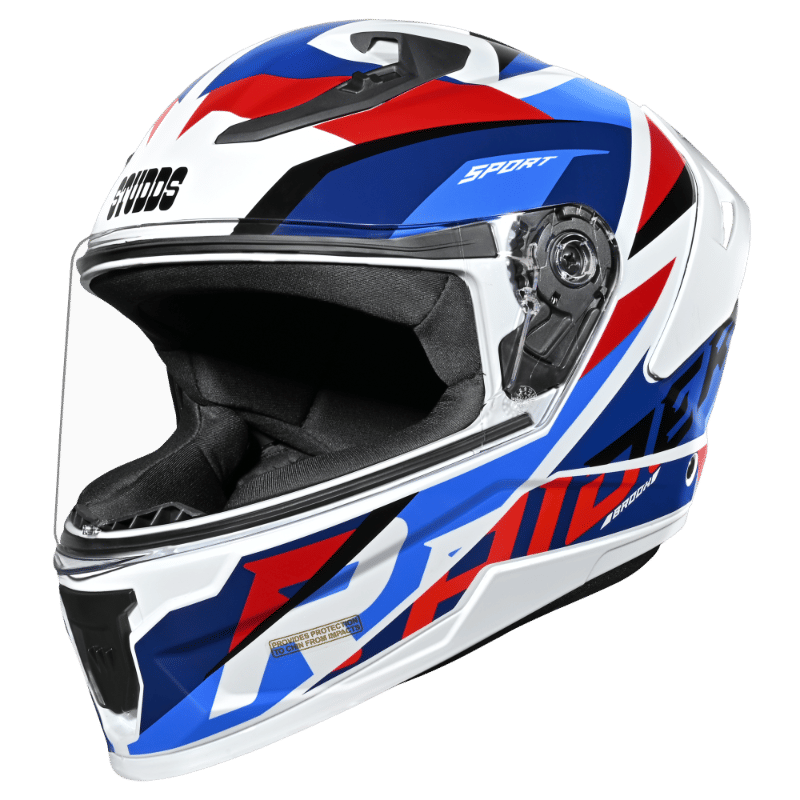
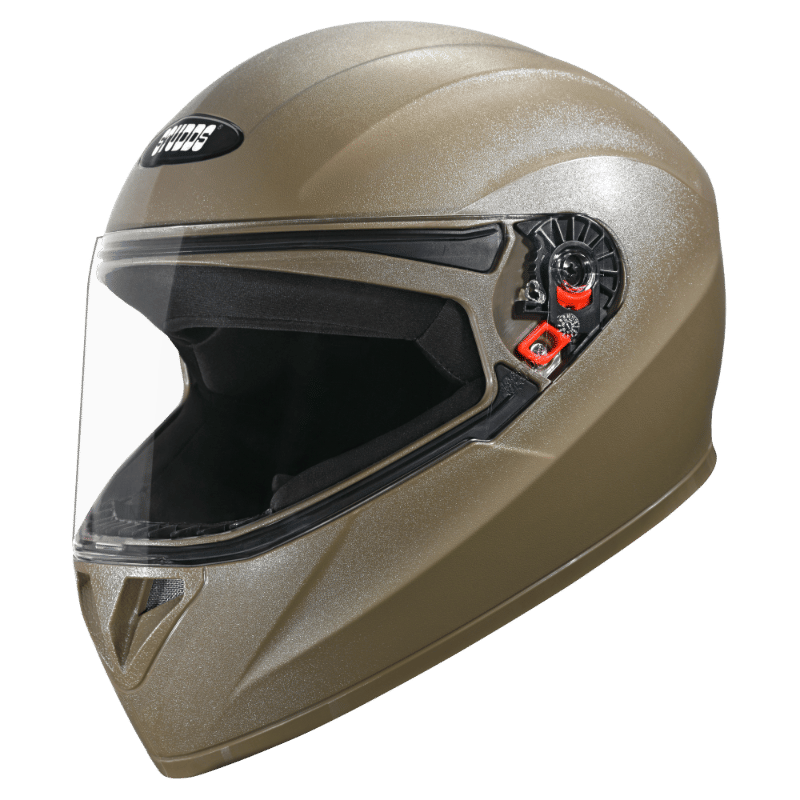
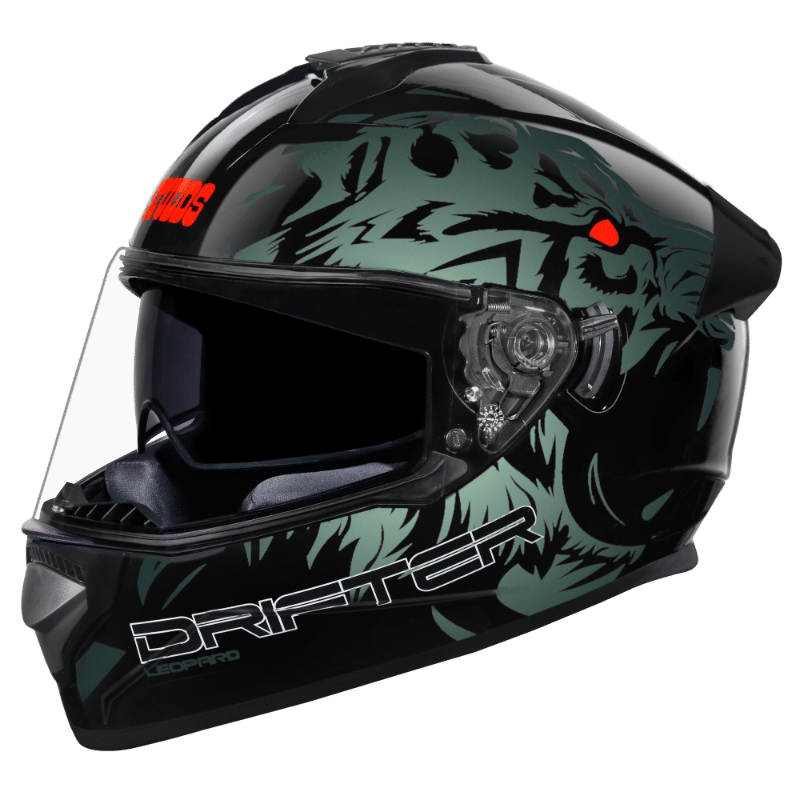
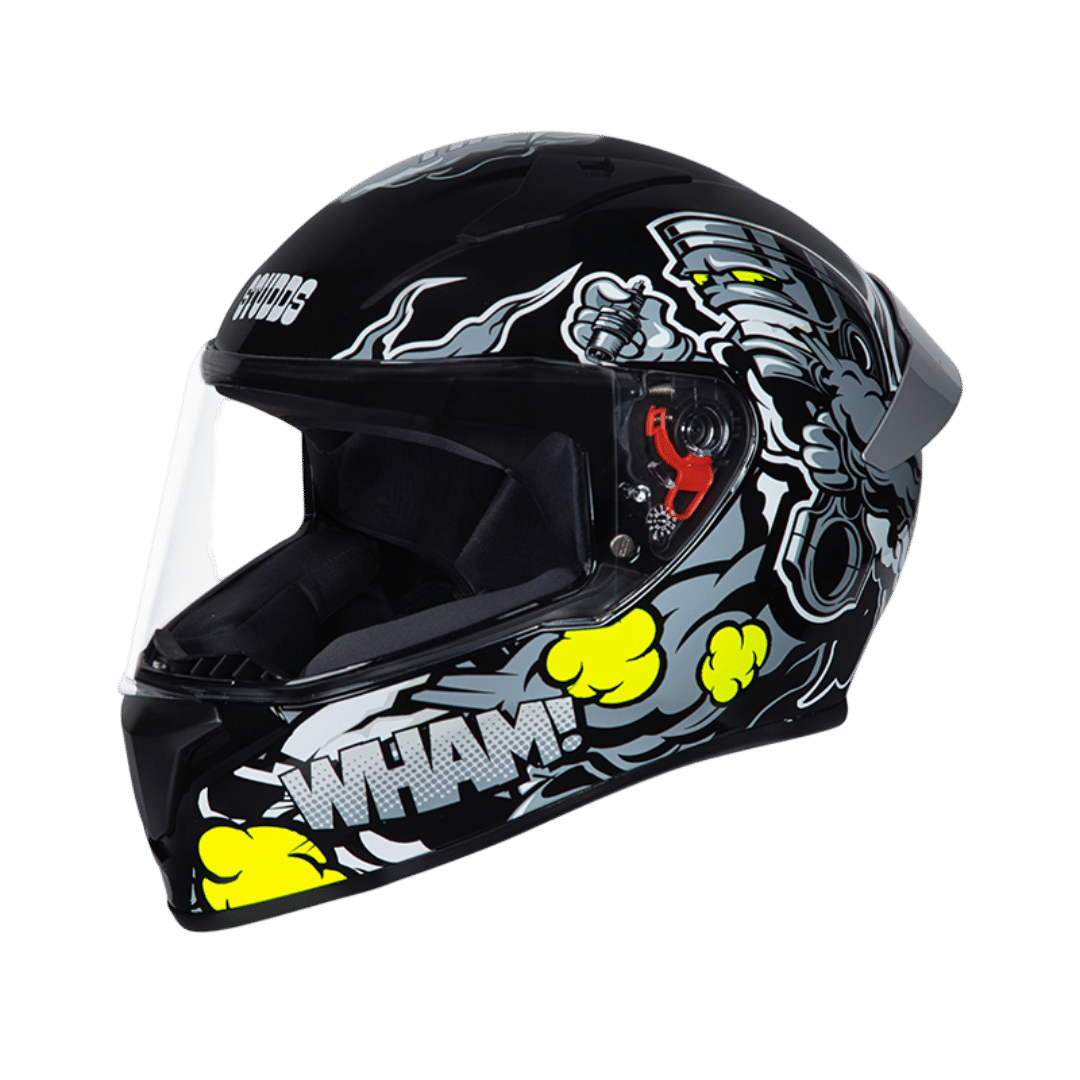
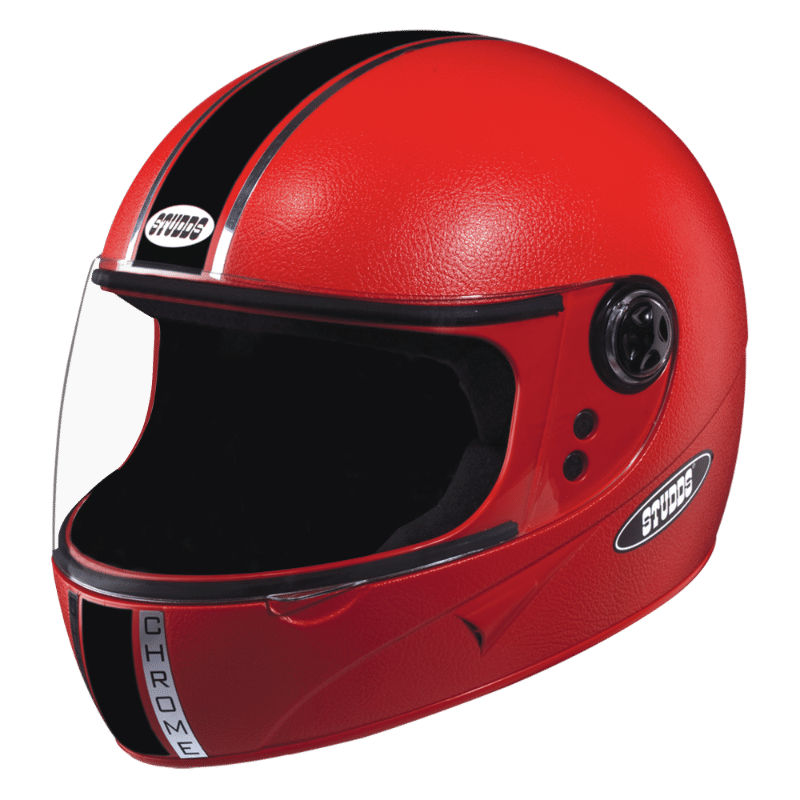
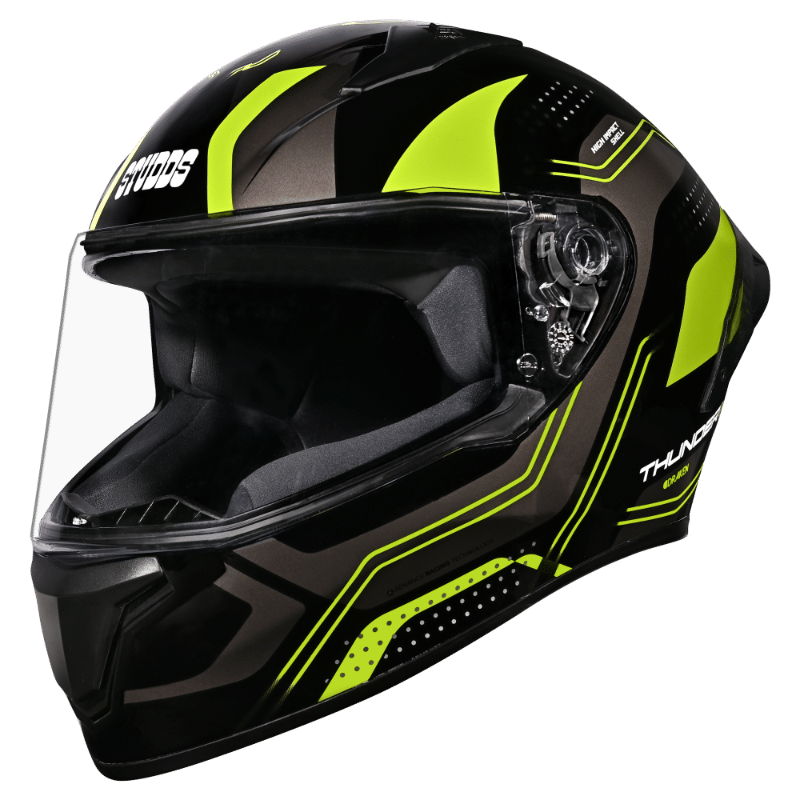
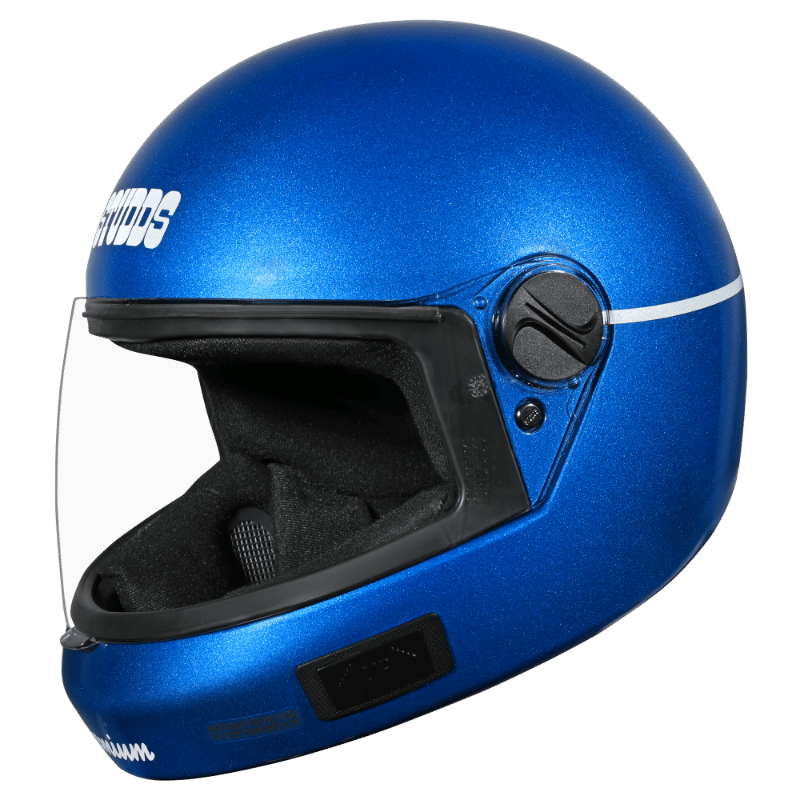
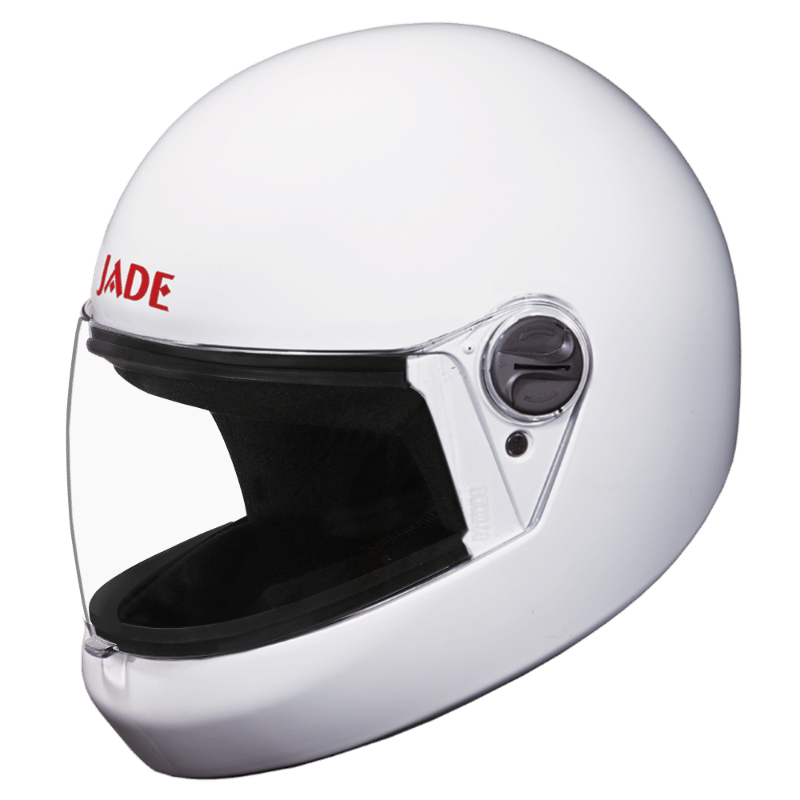
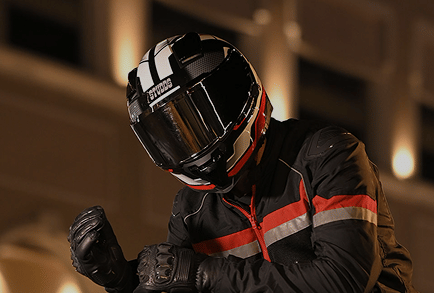

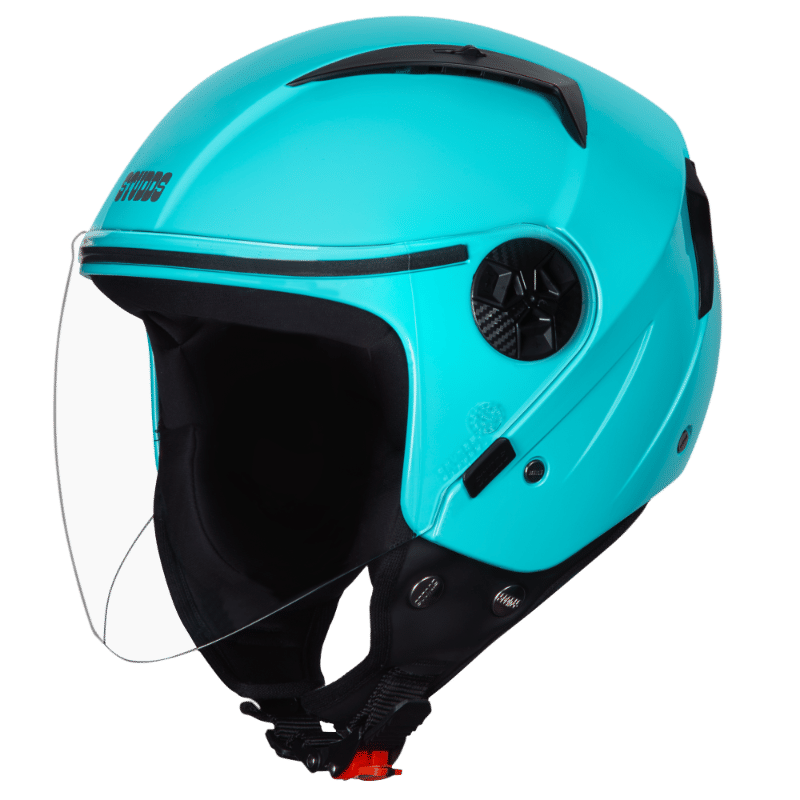
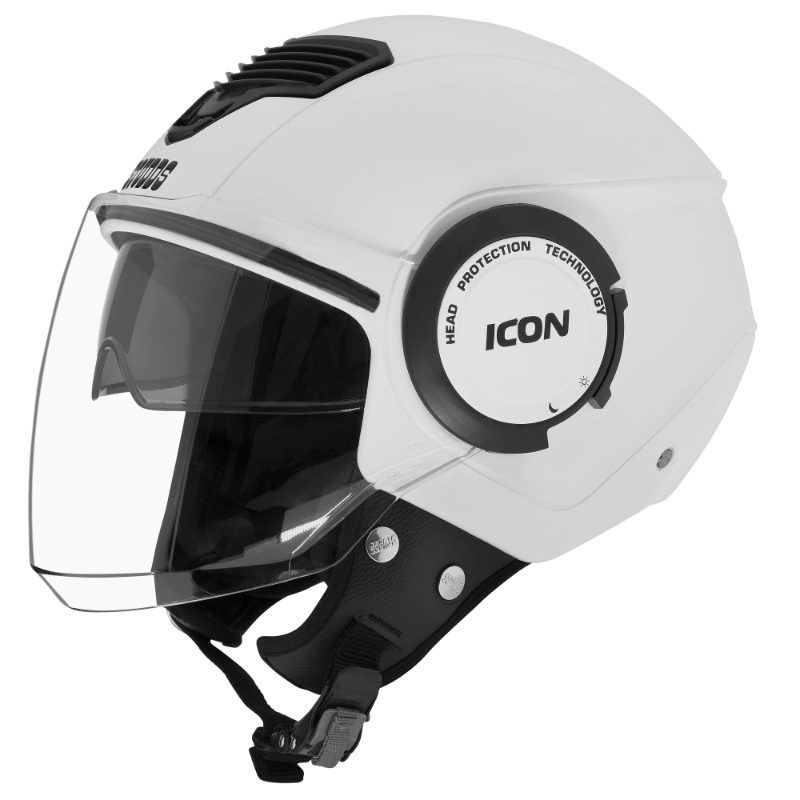
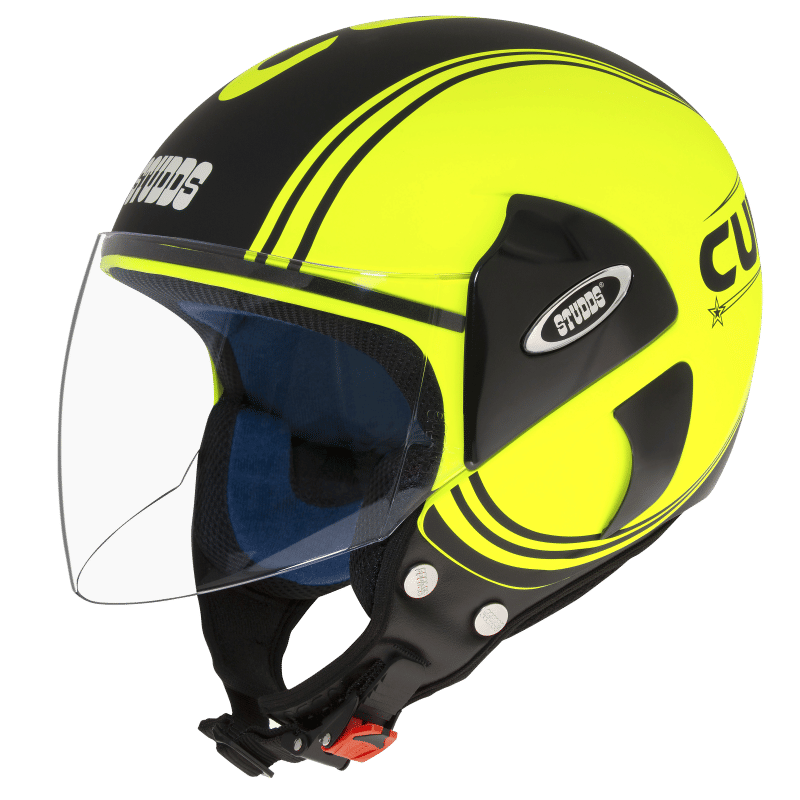
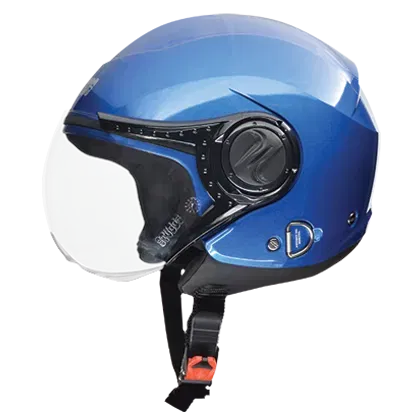
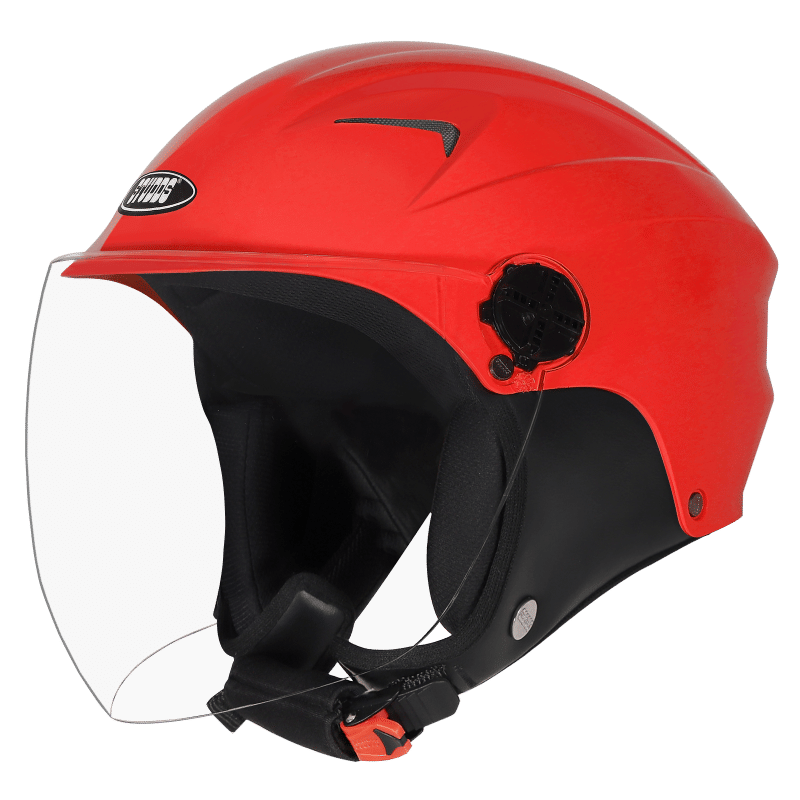
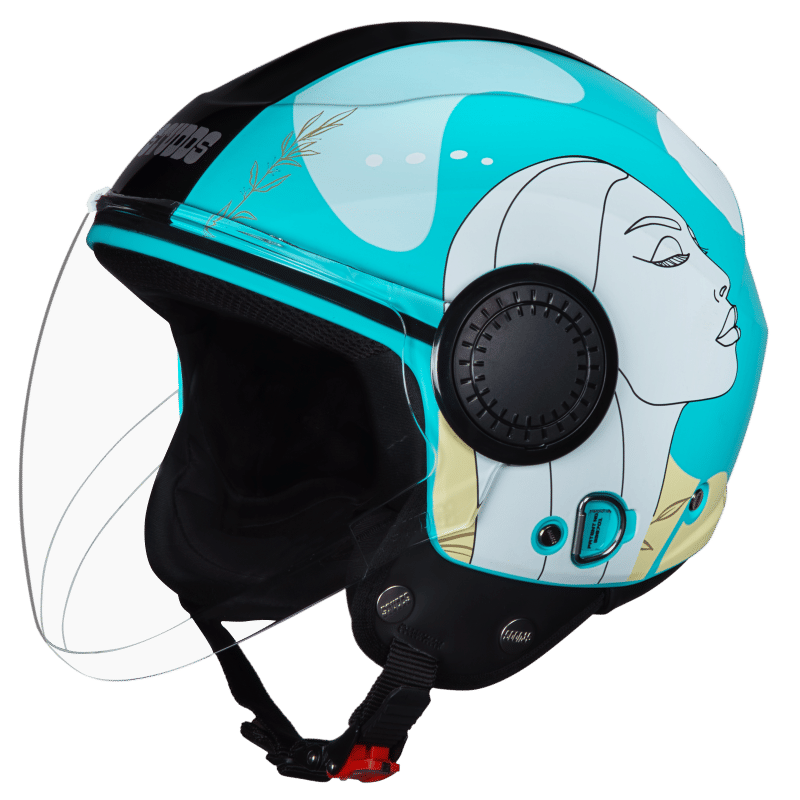
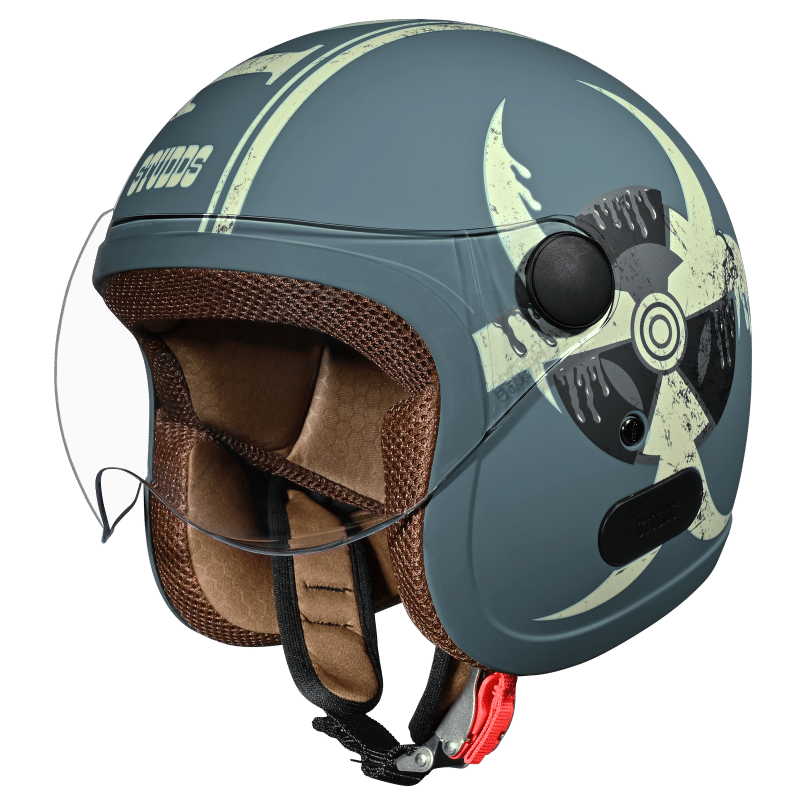
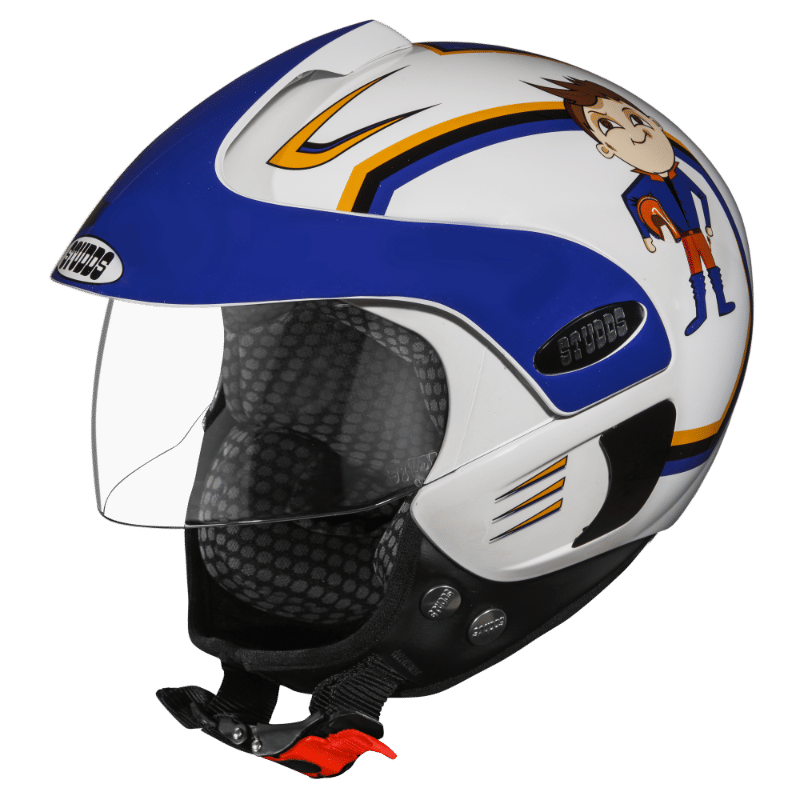
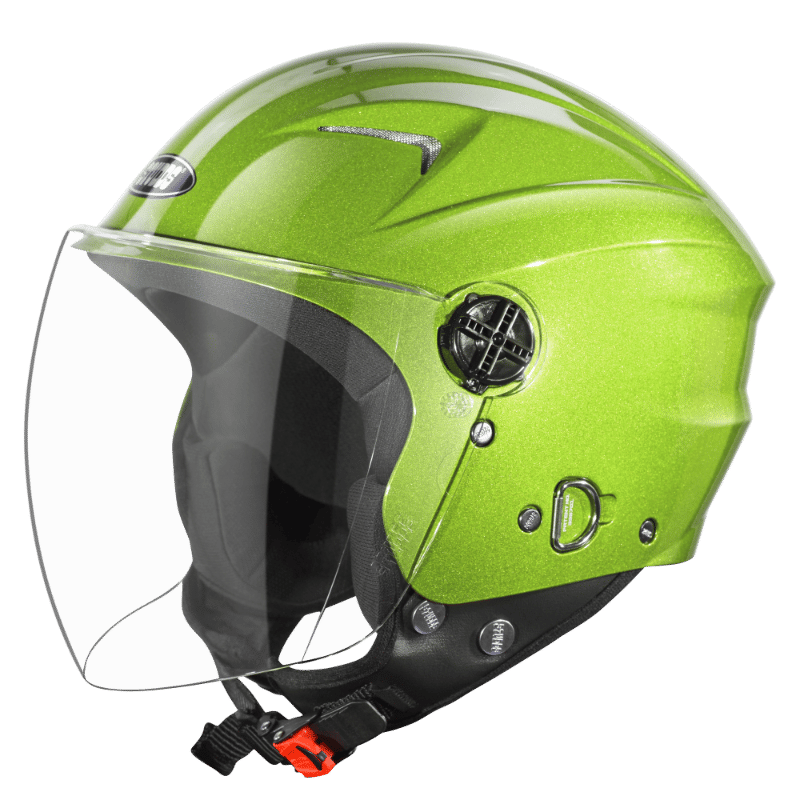
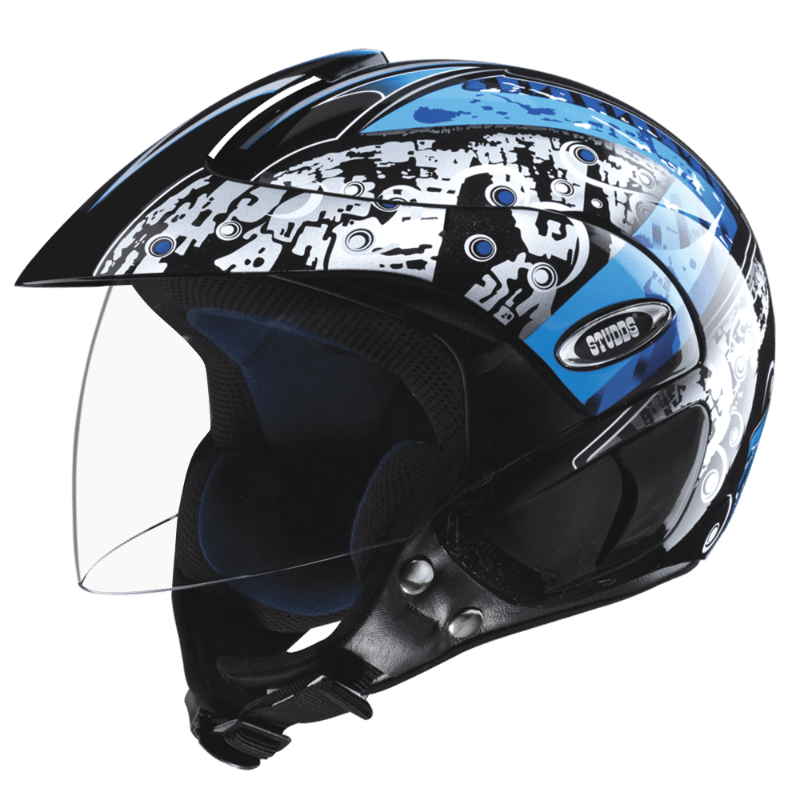
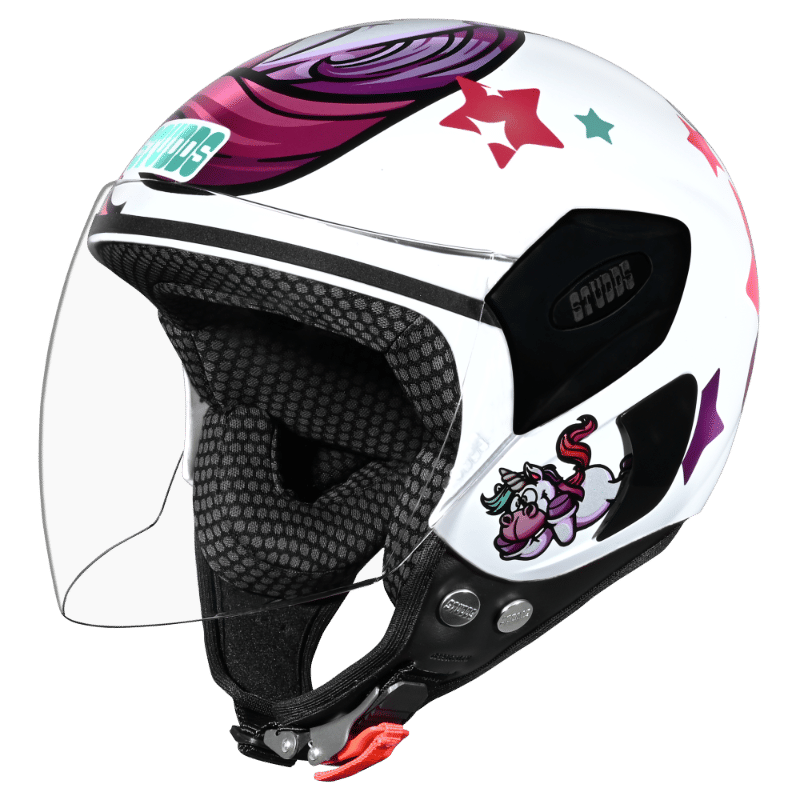
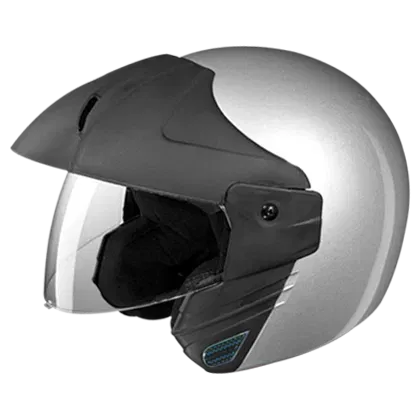
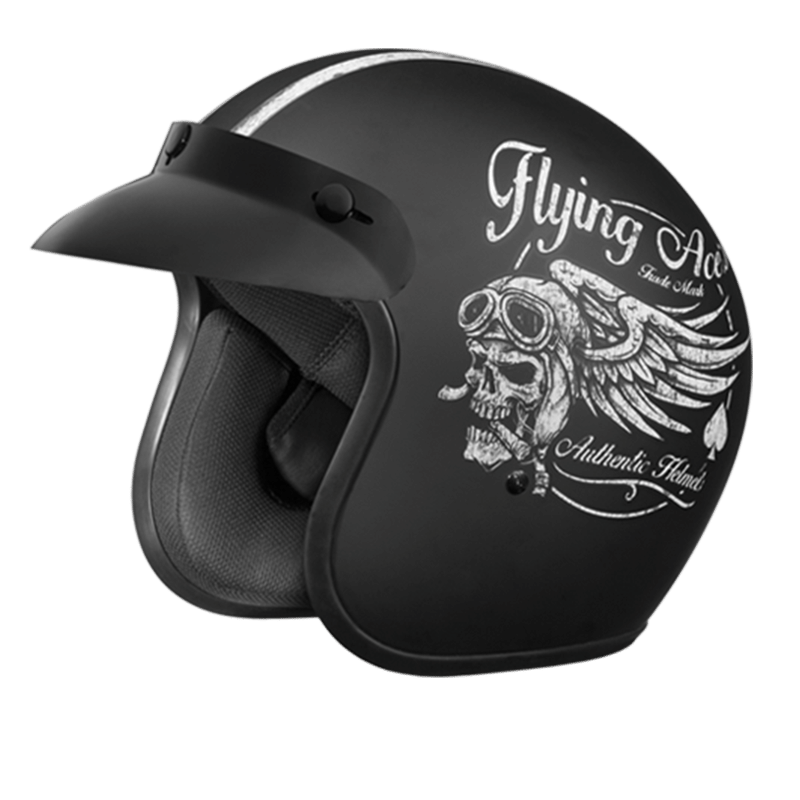
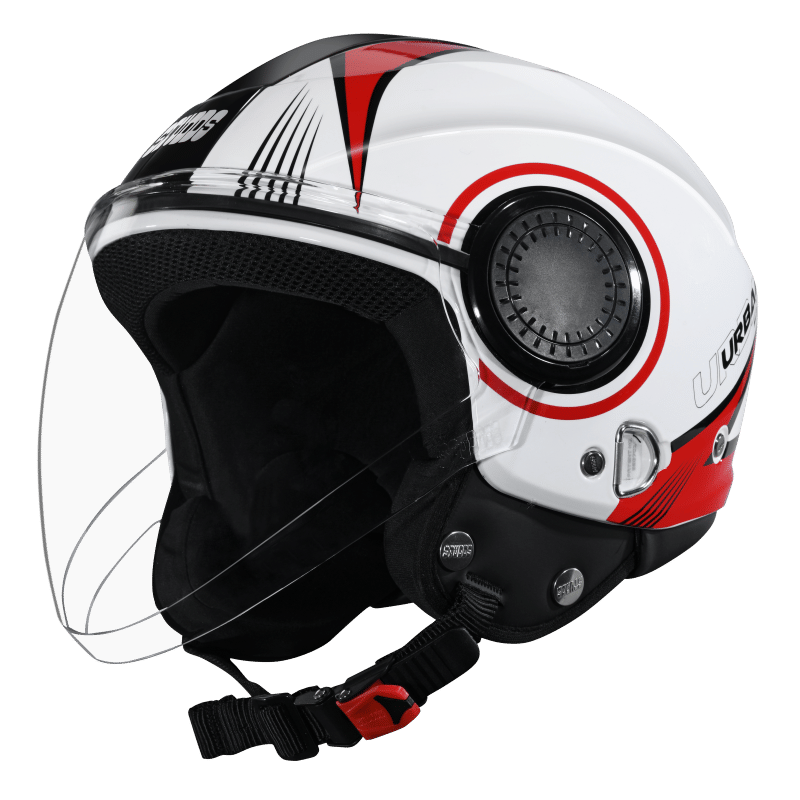
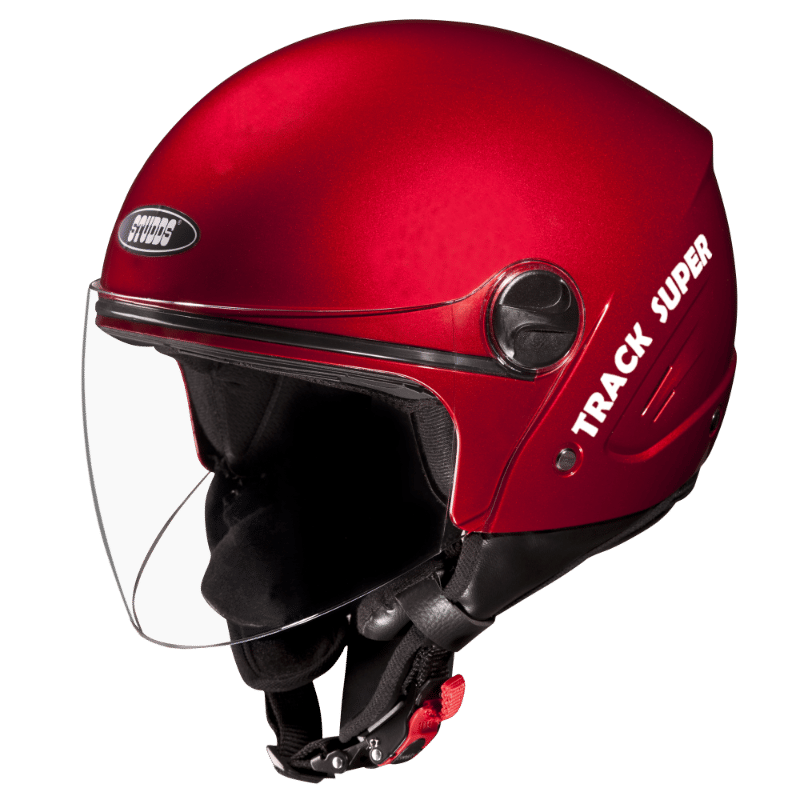
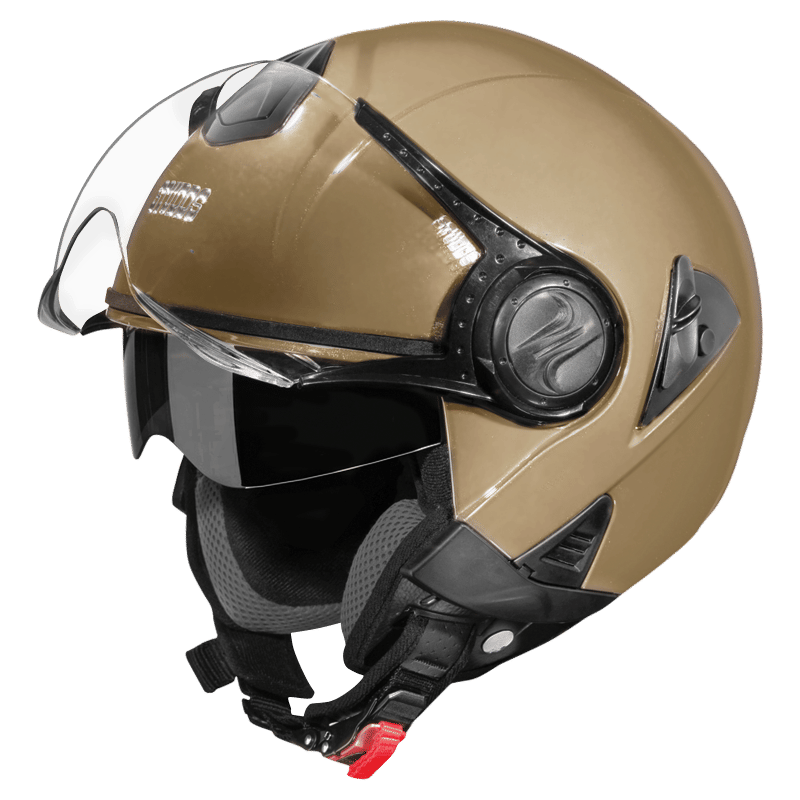
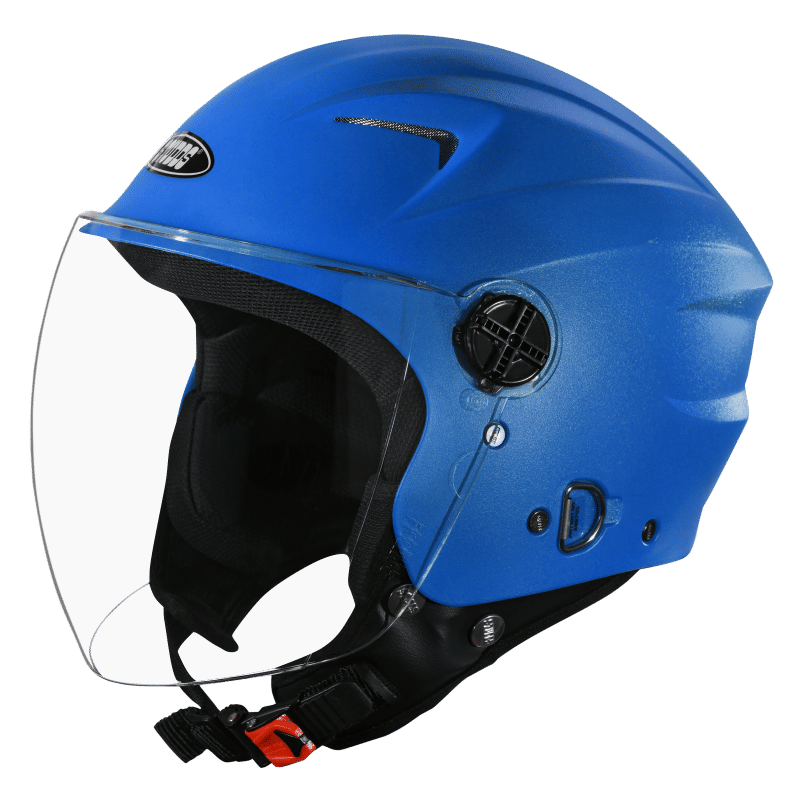
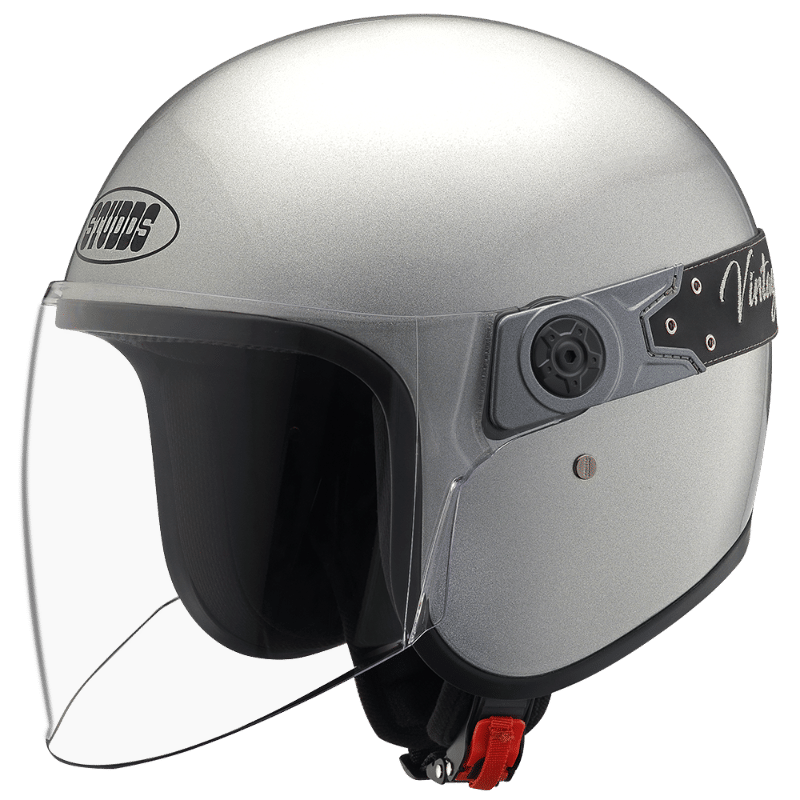
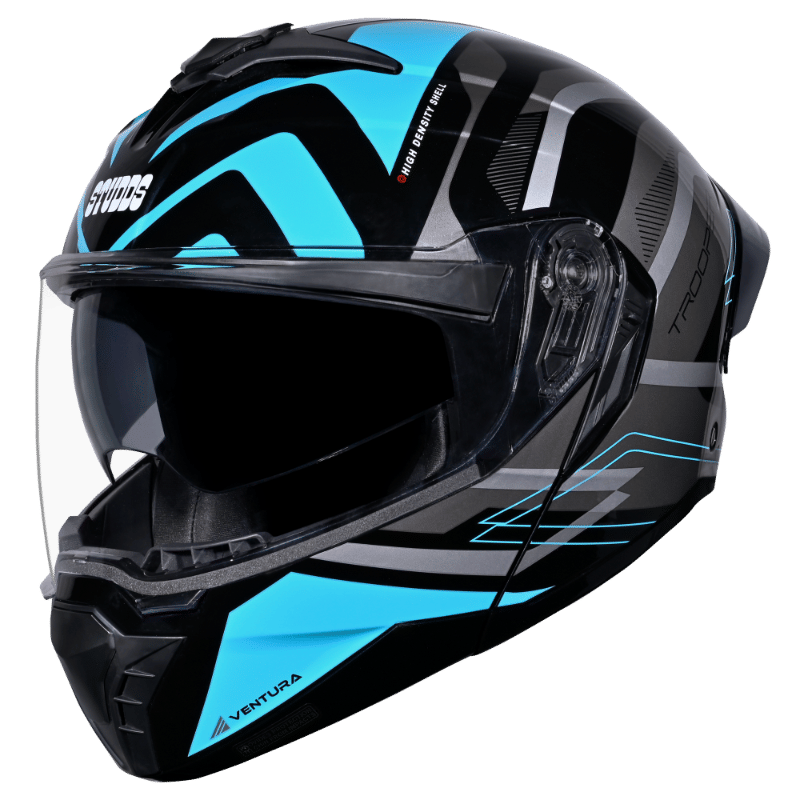
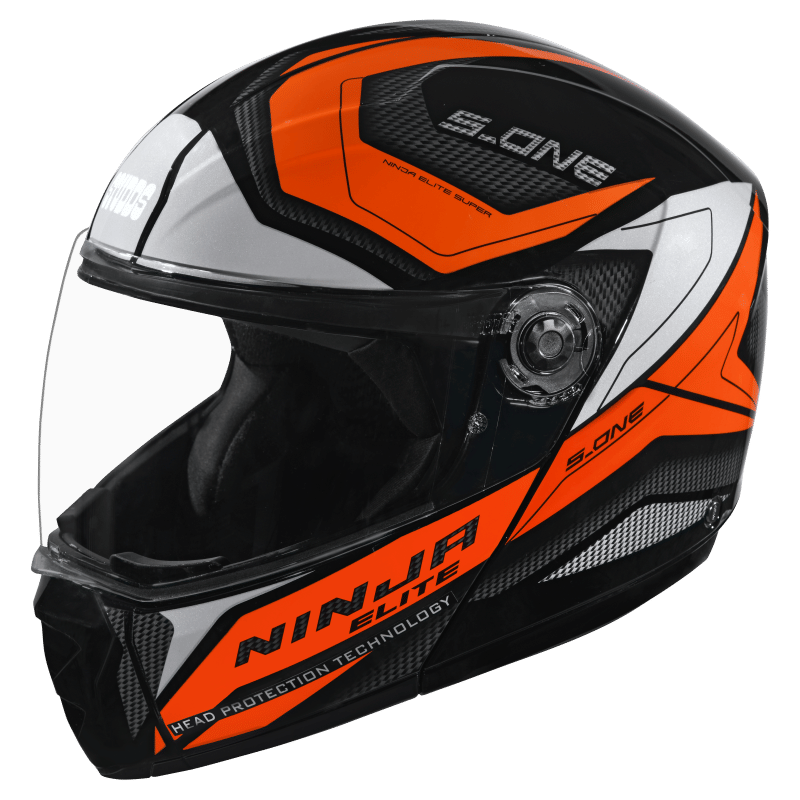
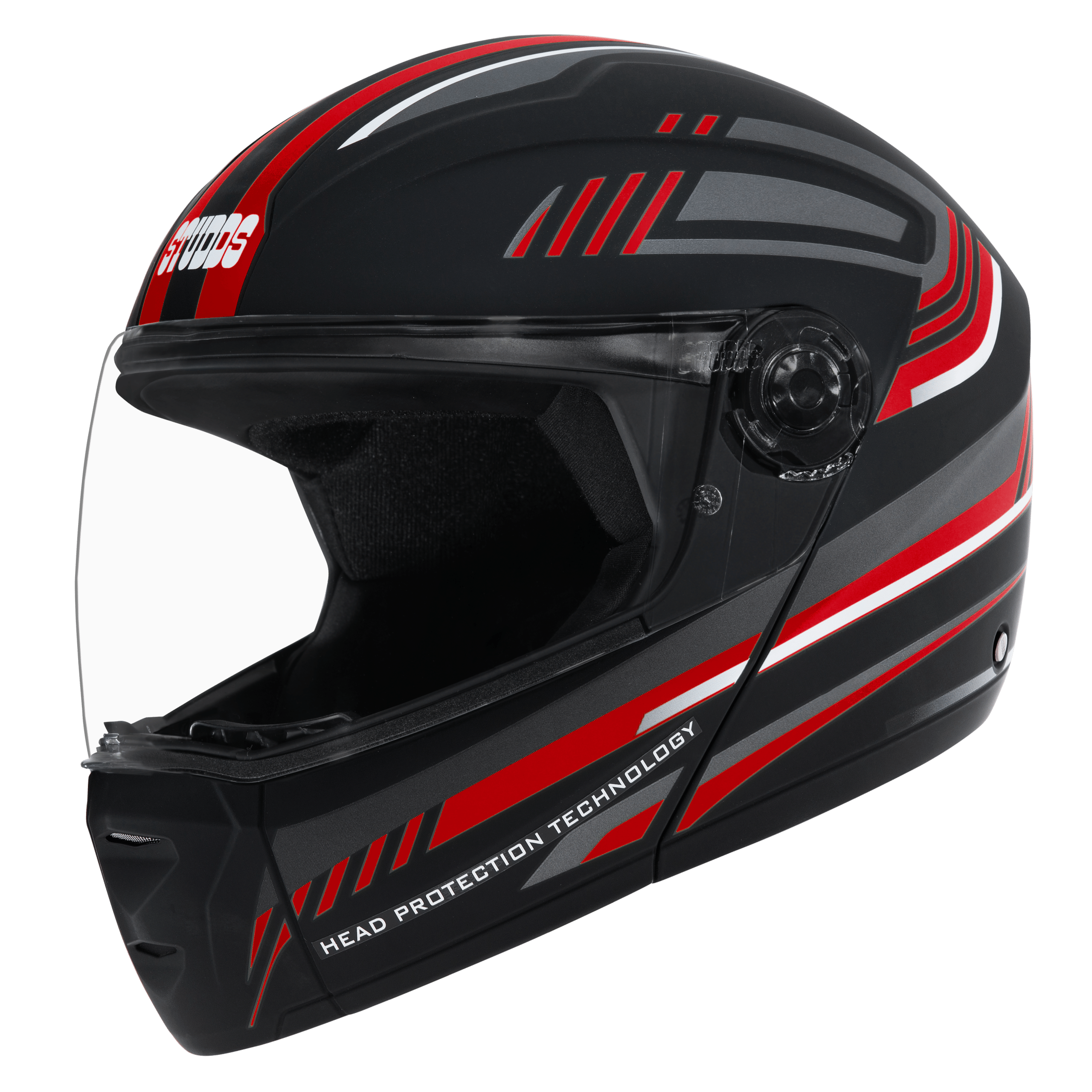
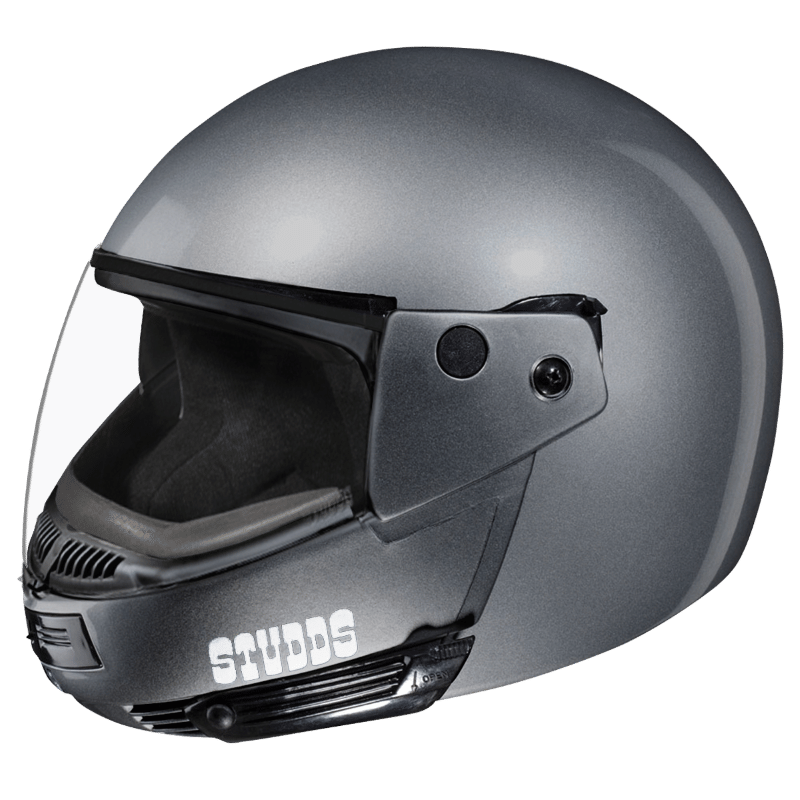
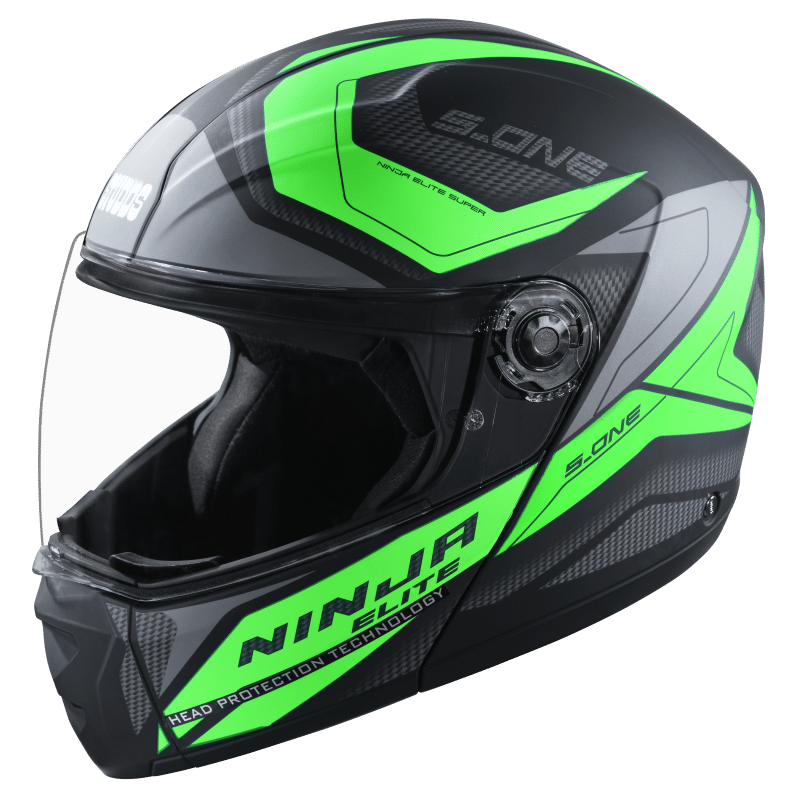
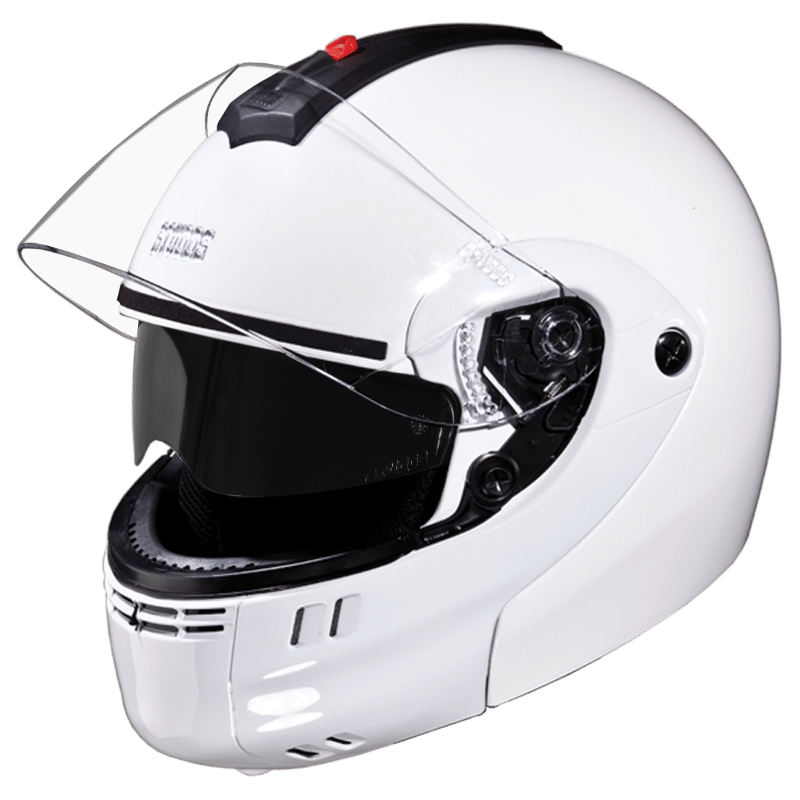
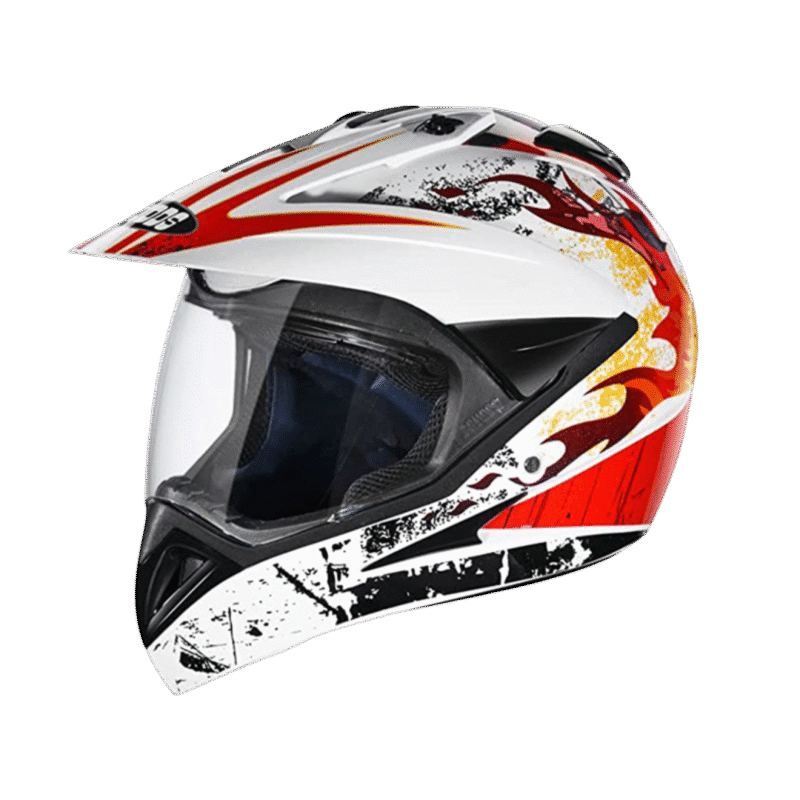
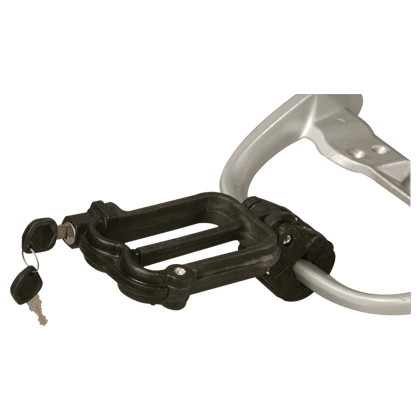
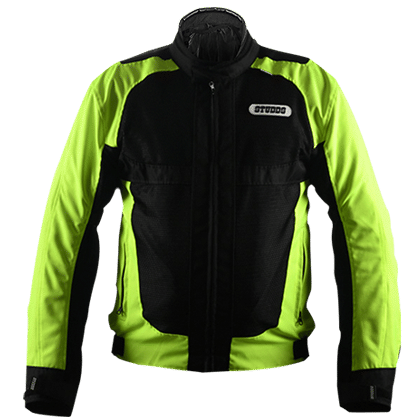
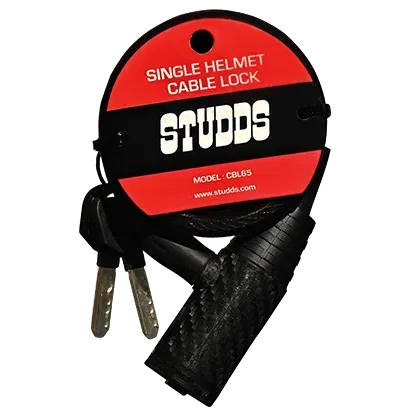
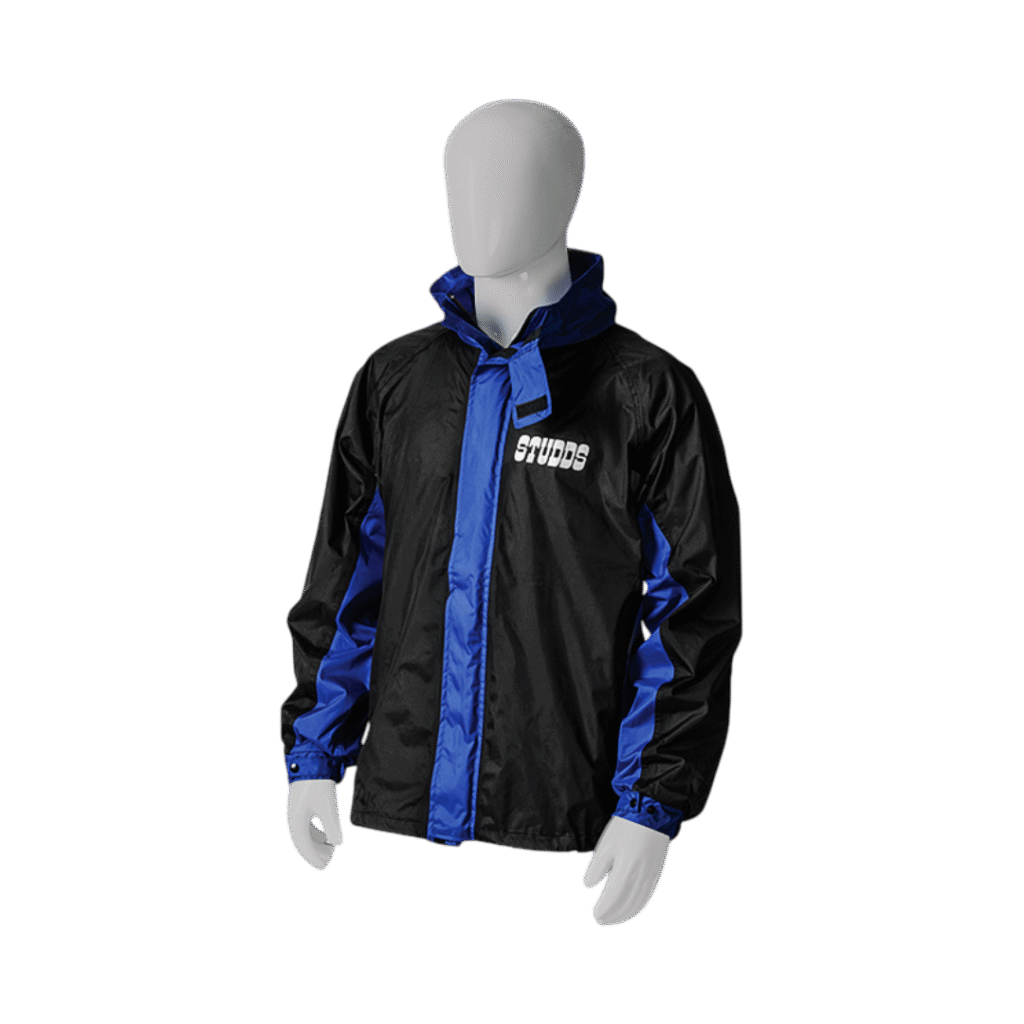
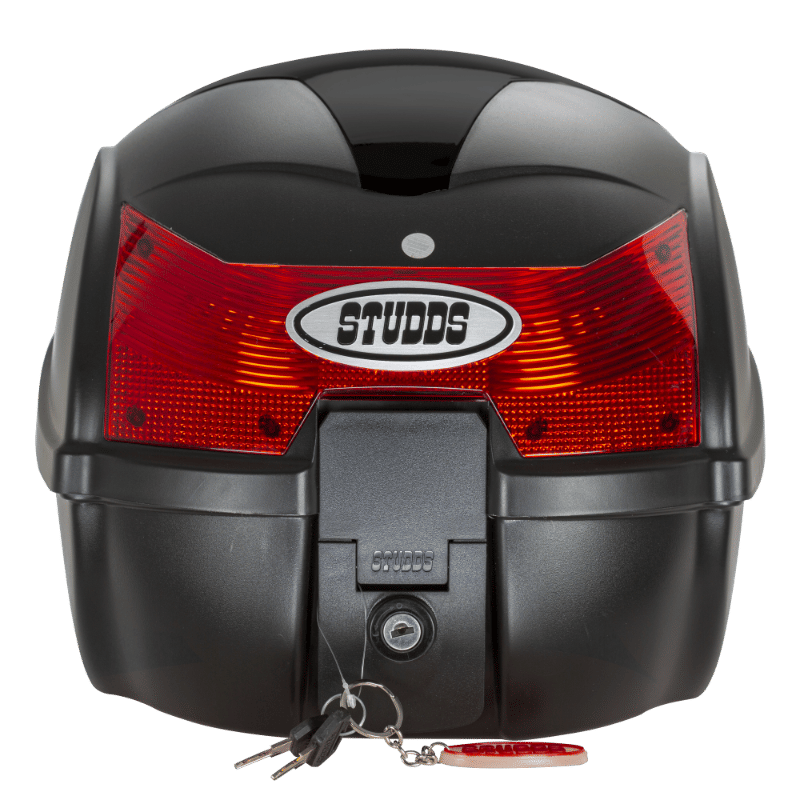

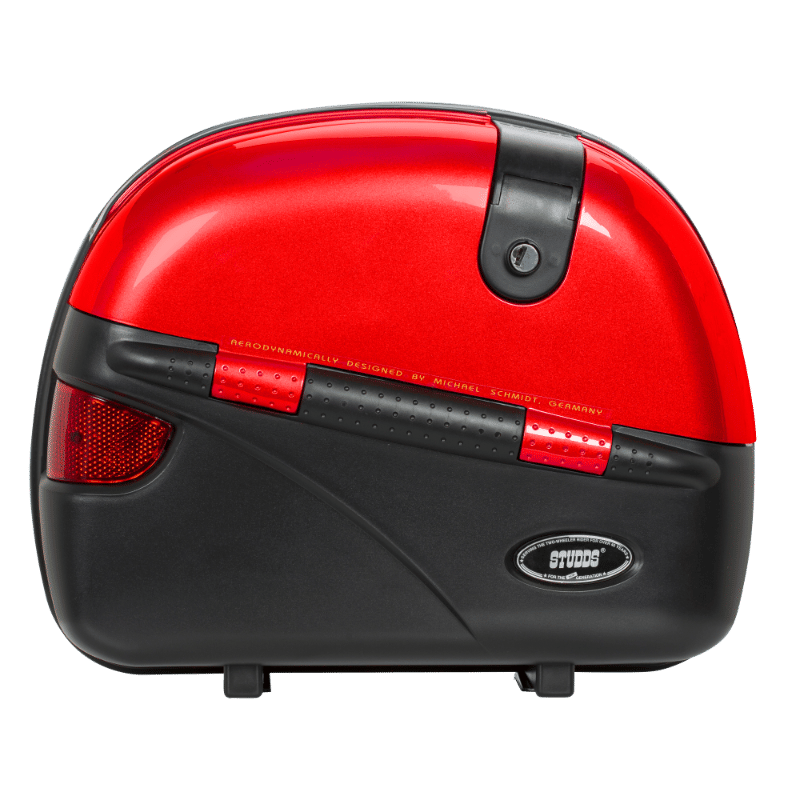
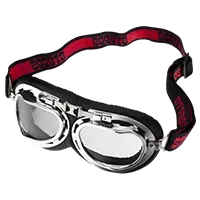
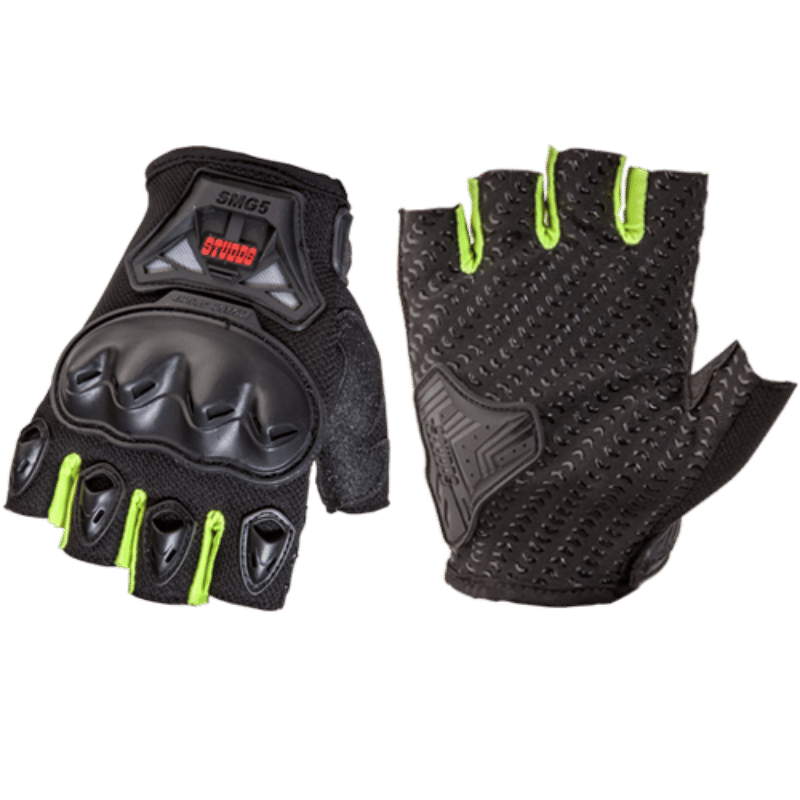
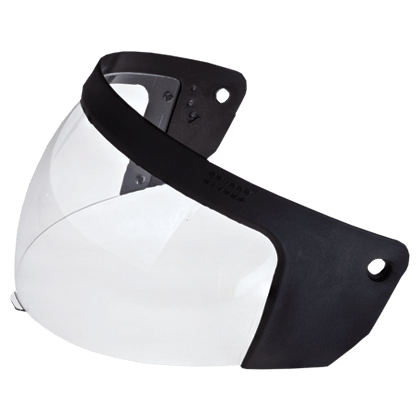
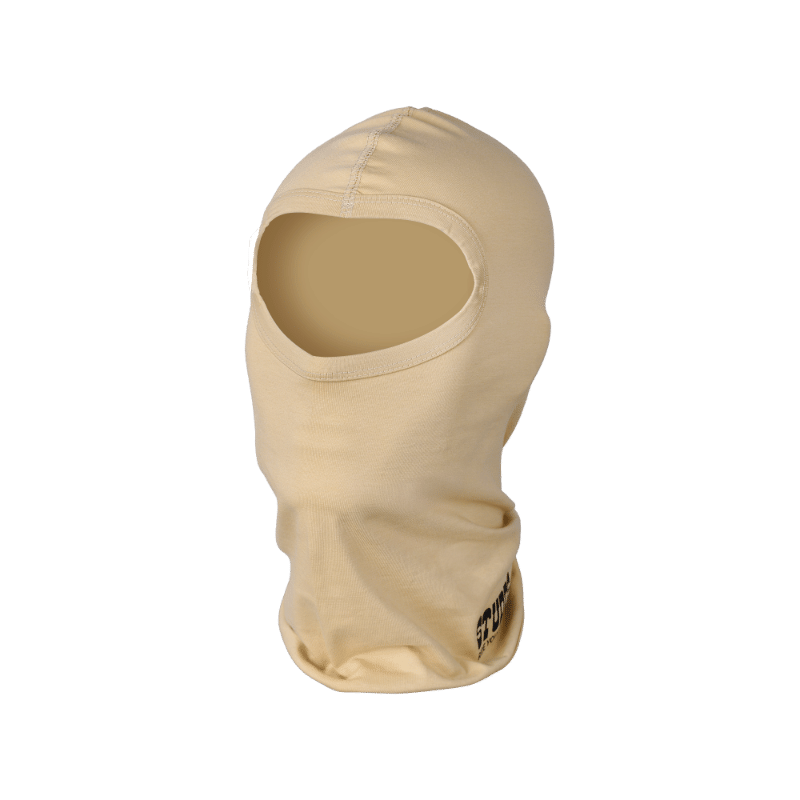
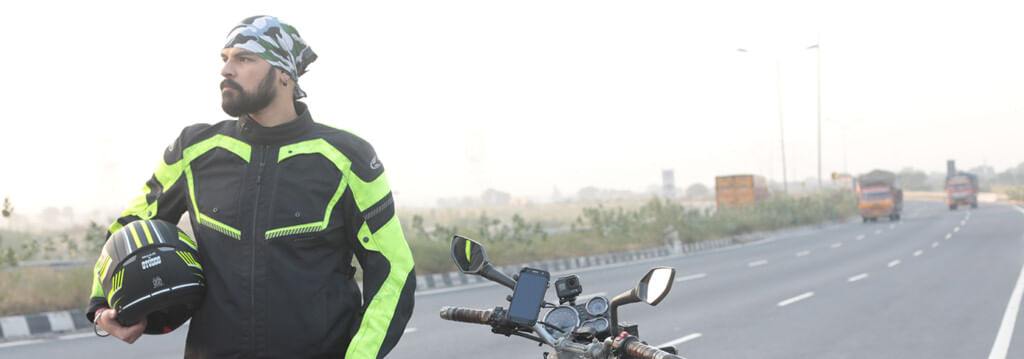
 STUDDS Accessories
STUDDS Accessories  25/11/2020
25/11/2020